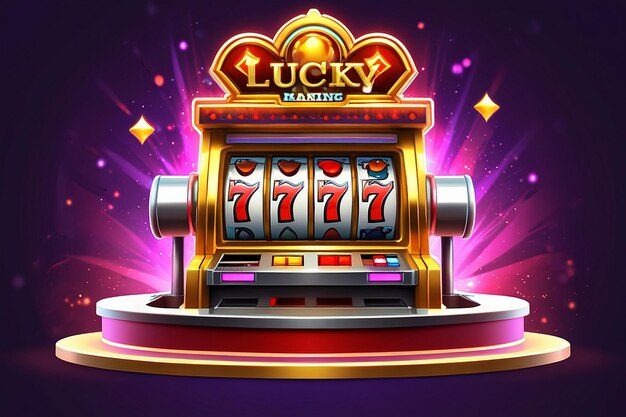Top Online Games with Player-Driven Economies
Online gaming has evolved dramatically over the years, with many games now featuring complex in-game economies driven by players. These player-driven economies have become a cornerstone of many top online games, creating immersive experiences that mirror real-world economic systems.
One of the most notable examples is “Eve Online,” a space-based, massively multiplayer online game where players can explore, trade, fight and mine in a universe of over 7,800 star systems. The economy in Eve Online is almost entirely player-driven with resources gathered or manufactured by players being used to build everything from spaceships to space stations. This intricate economic system allows for a wide range of professions and activities including mining, manufacturing, trading and piracy.
“World of Warcraft,” another popular MMORPG (Massively Multiplayer Online Role-Playing Game), also has an extensive player-driven economy. Players gather resources through various means such as farming or crafting and then sell these items to other players via an auction house system. The prices are determined by supply and demand dynamics among the game’s millions of active users.
On the other hand, “Second Life” takes virtual economies to another level altogether; it’s not just a game but also a virtual world where you can live another life – hence its name. Second cuan368 Life’s economy operates on Linden Dollars (L$), which can be bought using real-world money or earned within the game itself through various activities like creating digital content or offering services to other players. Remarkably this virtual currency can be converted back into real-world cash making it possible for some users to earn actual livelihoods from their in-game ventures.
Another noteworthy example is “Albion Online,” which features an entirely player-driven economy where nearly every item is crafted by someone else. Albion encourages specialization and cooperation amongst its players; one person cannot do everything on their own but must rely on others who specialize in different skills – mirroring how real-world economies function.
Finally, “Runescape” is another game with a robust player-driven economy. Players can earn gold by performing tasks or selling items they’ve collected or crafted. The Grand Exchange, a marketplace for players to trade their goods, operates on a supply and demand basis, adding an extra layer of complexity and realism to the in-game economy.
These online games with player-driven economies create rich, immersive experiences that go beyond mere gameplay. They provide players with opportunities to engage in complex economic systems where they can learn about trading, market dynamics and resource management – all while having fun in their chosen virtual worlds. As online gaming continues to evolve, we can expect more games to incorporate these intricate economic systems into their designs further blurring the lines between virtual and real-world economies.

